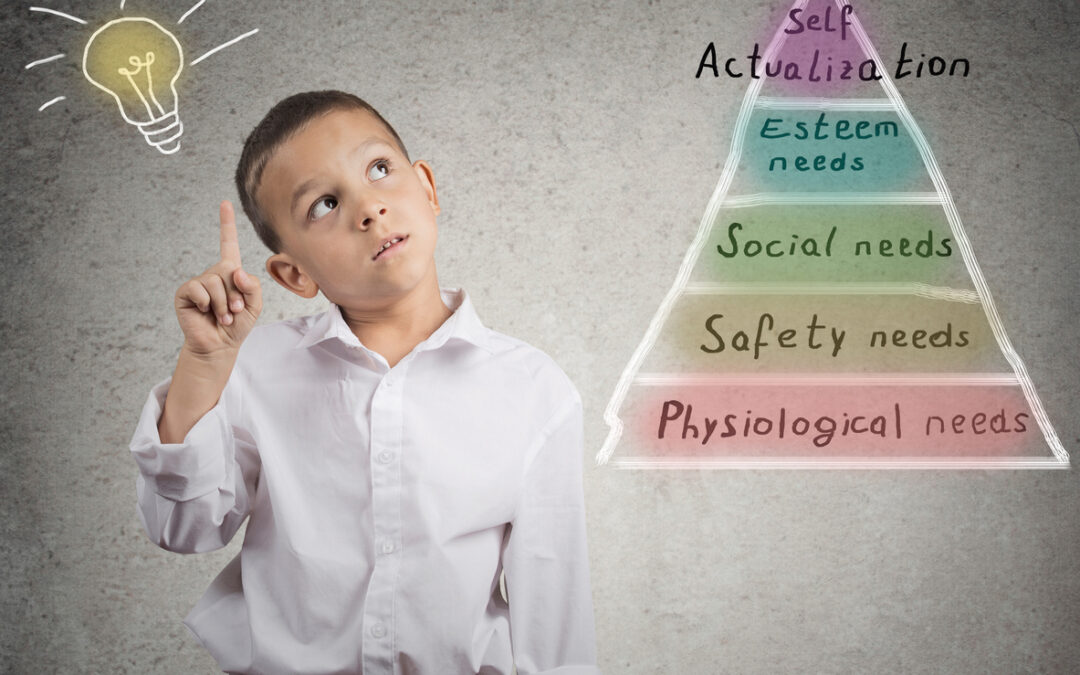Depression can feel like a heavy cloud hanging over your life, making it difficult to find joy or motivation. While therapy and medication are valuable tools in treating depression, incorporating mindfulness skills into your daily routine can offer additional support and relief. In this guide, we’ll explore how mindfulness can help combat depression and provide practical steps to integrate mindfulness into your life.
The Science Behind Mindfulness
Mindfulness isn’t just a trendy practice; it’s grounded in science. Research shows that mindfulness can reshape the brain, increasing activity in regions tied to emotional regulation while decreasing those linked to stress and anxiety. Moreover, it reduces cortisol levels, the stress hormone, promoting relaxation and improved mood. By understanding this science, you gain confidence in mindfulness as a proven method for managing depression and enhancing well-being.
Practical Mindfulness Tools
- Embrace Mindful Meditation: Mindful meditation is a powerful tool for managing depression. Find a quiet space where you can sit comfortably and focus on your breath. Close your eyes and take slow, deep breaths, paying attention to the sensation of each inhale and exhale. When your mind wanders, gently bring your focus back to your breath without judgment. Start with just a few minutes each day and gradually increase the duration as you become more comfortable.
- Engaging the Senses: Another practical approach to mindfulness is engaging your senses. Take a moment to notice the sights, sounds, smells, tastes, and sensations around you. Whether you’re taking a walk in nature, enjoying a meal, or simply sitting in your backyard, pay attention to the details of your experience. By fully immersing yourself in the present moment, you can find moments of peace and joy even in the midst of depression.
- Cultivating Gratitude: Depression often causes people to focus on the negative aspects of their lives, leading to feelings of despair and hopelessness. Practicing gratitude can help shift your perspective and cultivate a sense of appreciation for the good things in your life. Take time each day to reflect on three things you’re grateful for, no matter how small. This simple practice can help train your brain to notice the positive aspects of your life, boosting your mood and resilience.
- Mindful Movement: Engaging in mindful movement, such as yoga or tai chi, can also be beneficial for managing depression. These practices combine physical activity with mindfulness, encouraging you to focus on your body and breath as you move through various poses or sequences. Whether you’re following a guided video online or attending a class in person, mindful movement can help alleviate symptoms of depression by promoting relaxation and grounding you in the present moment.
Guided Mindfulness Meditations:
- Headspace (www.headspace.com) – Offers guided mindfulness meditations for beginners and experienced practitioners alike, with a variety of topics to address specific needs like stress, sleep, and depression.
- Insight Timer (www.insighttimer.com) – Provides a vast library of free guided meditations, including mindfulness practices tailored for managing depression and anxiety.
- UCLA Mindful Awareness Research Center (www.uclahealth.org/marc) – Offers free guided mindfulness meditations led by experienced instructors, backed by research from UCLA’s Mindful Awareness Research Center.
- Calm (www.calm.com) – Features guided meditations, sleep stories, and relaxation techniques designed to promote mindfulness and alleviate symptoms of depression.
Combating depression requires a multi-faceted approach, and mindfulness can be a valuable tool in your toolkit. By practicing mindfulness techniques such as meditation, engaging your senses, and cultivating gratitude, you can develop greater awareness of your thoughts and emotions, breaking free from the grip of depression. Remember, it’s okay to seek professional help if you’re struggling with depression. Our team of counselors is here to support you on your journey toward healing and wellness. Don’t hesitate to reach out and schedule a session today to explore how mindfulness and therapy can work together to help you reclaim your life from depression.

The 12 Best Mental Health Apps
Modern technology can be an amazing supplement to professional counseling. Check out these 12 Apps that come recommended for recovery from depression, eating disorders, PTSD, insomnia, and anxiety. DEPRESSION RECOVERY APPS 1. TalkLife (online support tool)...

7 Skills to Try When You Feel “Overwhelmed”
Have you ever felt completely overcome by an intense emotions? Have feelings at times felt challenging to manage and overcome? The experience of being “overwhelmed” is uncomfortable and impactful in your life at work, home, or school. Defining "Overwhelm" Emotional...

Coping with Scarcity and Scarcity Mentality
Are you among the millions of people that have lost work since a state of emergency was declared last month? Employment numbers keep rising across the country. And those numbers don’t account for those whose applications for unemployment remain in limbo. There is an...

Why I Think “Worthless” Isn’t a Feeling AND Why that Matters
Have you ever been so dejected or depressed that you began to question your worth as a person? What triggered that moment for you? Was it: A rejection, break-up, or abandonment? A harsh word or critique that hit like an arrow in the heart? A failure to live up to your...

Do You Know the Signs of Someone Who is Suicidal?
According to the American Foundation of Suicide Prevention, over 47,000 people died by suicide in the United States in 2017. In the same year, there were an estimated 1,400,000 suicide attempts. Knowing the signs of suicide is the primary step in preventing someone...

